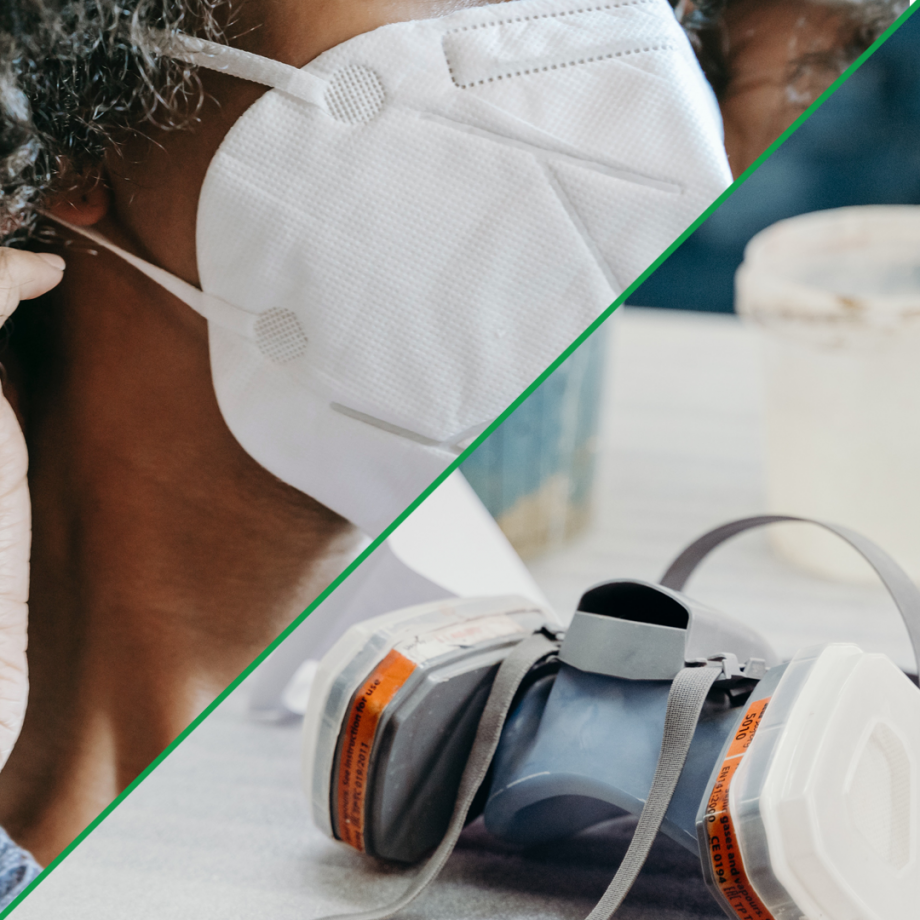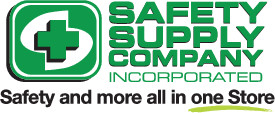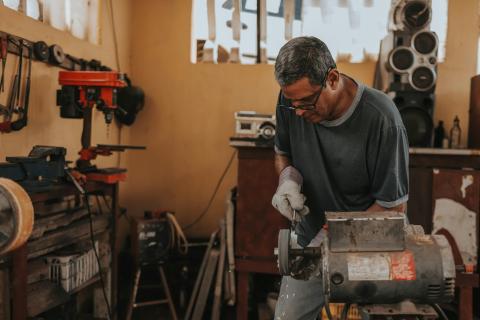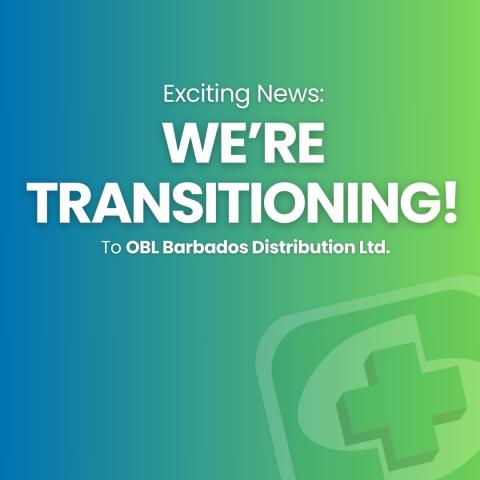Mask vs. Respirator: What’s the Difference?

While on the job, you should take precautions to protect your respiratory health, as failure to do so may lead to complications further down the line- ranging from the difficulty of breathing to possible cancer of the lungs.
Wearing a mask or respirator is a requirement for your health and safety when working in environments that produce large amounts of dust or dangerous vapours. Hence, choosing the correct mask or respirator is crucial to your well-being.
What’s the difference between a mask and a respirator?
A mask is offers one way protection by creating a barrier around the mouth and nose to stop the user from expelling fluids or germs into the atmosphere.
An “air-purifying*” respirator provides a tight seal around the user’s face while filtering and purifying the air entering and leaving the respirator.
(*There are also “supplied air” respirators, which provide air to the user from compressed air tanks, however, this post will not include this type of respirator.)
Masks are mainly effective against particles and are not effective against gases or vapours, whereas a respirator prevents particles, gases, and vapours from affecting the user.
A mask captures dust and particles within the material ensuring that substances and bacteria are not shared. If you find that you have difficulty breathing after wearing a mask for some time, that could be an indicator that it needs replacing- as the particles remain trapped on the surface and can stifle airflow.
Masks are usually disposable, which means that they are not designed for multiple or long term uses and are most effective when they fit properly around the user’s mouth and nose.
A respirator can be both reusable and disposable. The reusable respirator utilizes filters and cartridges to offer protection against particles and gases. The filter traps particles from the air, while cartridges absorb any gases or vapours. With reusable respirators, you have:
Half Face Respirators: This type of respirator includes Safety Supply Co.’s 3m Double Respirator W/ 6003 Cartridge. These reusable respirators fit tightly around your mouth and nose. They are best suited for work environments where the user will be exposed to hazardous fumes or particles, such as when painting, within the agricultural sector, and construction.
Full Face Respirators: This type of respirator includes Safety Supply Co.’s 3M Full Face Respirator W/ 6003 Cartridge. These respirators fit around the edge of the face or the head of the user, providing eye, nose, and skin protection while filtering and purifying the air. These are best suited for persons who work within chemical environments - where they are not only exposed to dangerous fumes but potentially hazardous material that could pose a threat to the well-being of the eyes or skin.
Most filters and cartridges do not have a set shelf life- the need to change them depends upon how many particles or chemicals have been trapped within the material. If you have difficulty breathing or begin to smell the chemicals strongly through the respirator that is a good indicator that it is time to change your filters or cartridges.
Now that you know the difference, you need to know whether your mask or respirator meets the standard for your industry.
The standard indicates the degree to which the mask is effective. For instance, a commonly seen standard is “N95,” which signifies that the mask effectively filters 95% of all particles which are 0.3 microns in diameter or larger.
You can view a list of the various standards here.
It’s important to note that depending on the region the product hails from, the standards written may look different but have the same efficiency-a mask that has a KN95 is a Chinese standard and is equivalent to a N95 mask which is a NIOSH USA standard, both will filter 95% of all particles.
It would be negligent not to mention the masks utilized for protection against the spread of Covid-19. Some masks may reach a standard such as N95 but will have a warning stating “not for medical use.” This does not mean that they will be ineffective against protecting you from the spread of Covid-19, it simply means that while they are effective at filtering particles, they are not effective against an onslaught of fluids that one may be exposed to within the medical field, such as blood.
If you will be using a “not for medial use” mask in your daily life and not in a medical environment, it will offer sufficient protection against spreading Covid-19.
If you are looking for either a mask or respirator, Safety Supply Co. has a wide range from which you can choose. Visit www.safetysupplyco.com to get a mask or respirator to protect your respiratory health.
Blog Articles
Check out more articles
Why You Should Service Your Safety Equipment
Safety equipment serves as the frontline defense against workplace hazards, ensuring the well-being of employees and minimizing risks.
View MoreExciting News: We’re transitioning to OBL Barbados Distribution Ltd.
We hope this letter finds you well. We are writing to share an important update about our business that will bring positive changes and enhanced offerings to you.
View MoreBright Lights, Safe Nights: Holiday Fire Prevention Guide
The holiday season is a time of joy and togetherness, often accompanied by decorations, festive lights, and celebratory gatherings.
View More



